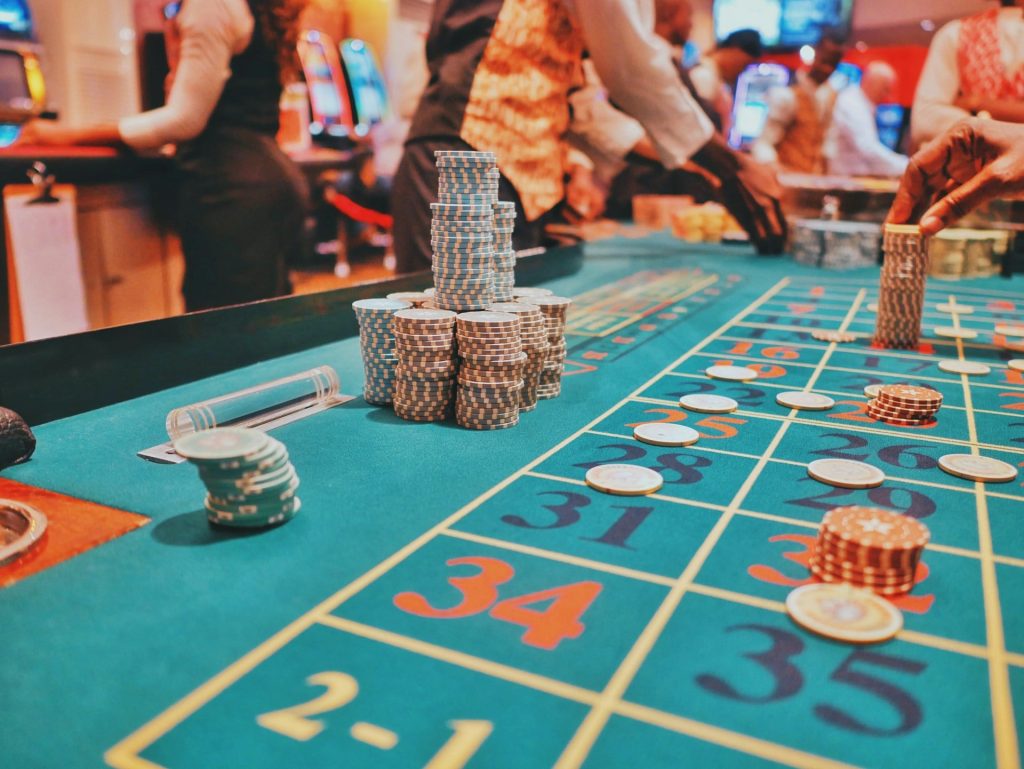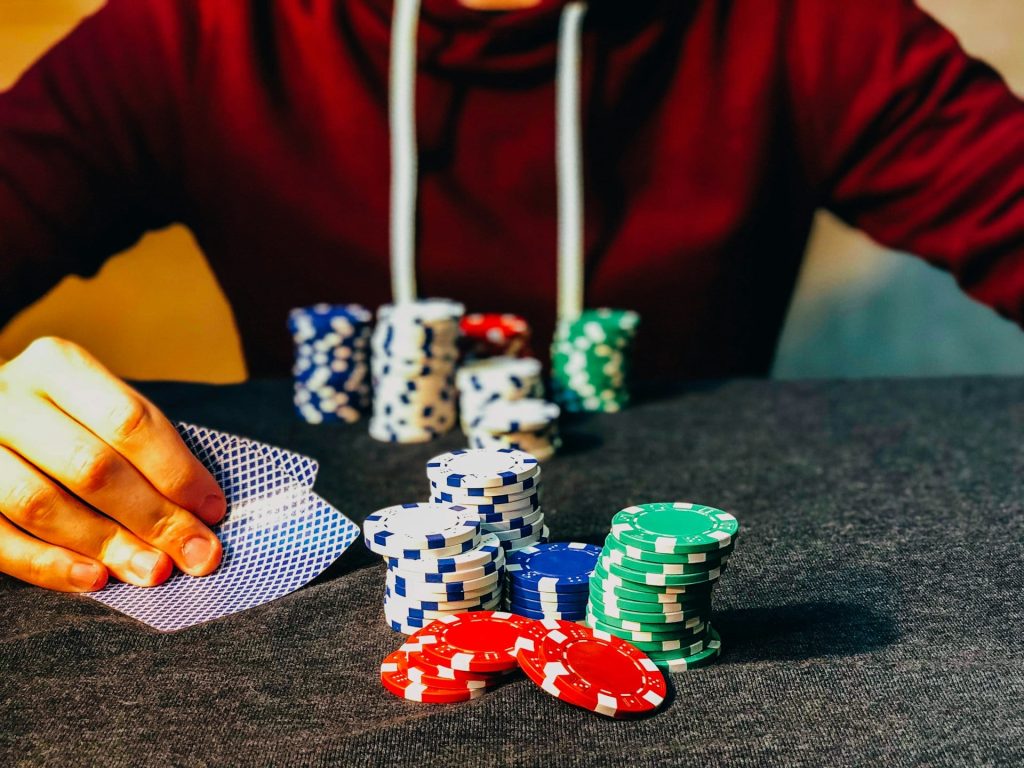Taking charge of your life starts with small, meaningful steps. This guide offers practical strategies to help you regain control and rebuild confidence. Whether you’re seeking financial stability or emotional peace, you’re not alone in this journey.
Many people face challenges with compulsive behaviors tied to digital platforms. Recent studies show these habits can strain relationships, drain savings, and create lasting stress. Recognizing patterns early is key to preventing long-term harm.
You’ll find clear steps here to shift your mindset and create healthier routines. From setting boundaries to finding support networks, every action builds toward lasting change. Let’s explore tools that prioritize your well-being without judgment.
Breaking free isn’t about willpower—it’s about building sustainable solutions. This resource combines expert advice with real-life success stories to inspire progress. Together, we’ll focus on reclaiming joy and stability, one day at a time.
Understanding Online Gambling Addiction
Online gambling addiction isn’t just frequent betting—it’s a loss of control that disrupts relationships and finances. The American Psychiatric Association identifies it as a behavioral disorder where urges override logic, even when facing severe consequences. Unlike casual play, this compulsive pattern continues despite mounting personal or professional setbacks.
Mental health ties deeply to these habits. Anxiety, depression, or chronic stress often fuel the need to gamble, creating a cycle where losses worsen emotional distress. Brain scans reveal similarities to substance addiction, with dopamine spikes reinforcing risky behaviors.
Emotions act as both triggers and outcomes. Many people use gambling to numb loneliness or escape reality, only to face guilt and shame afterward. Recent studies show 2-3% of U.S. adults struggle with this issue, cutting across age, income, and cultural backgrounds.
Misconceptions persist. Addiction isn’t about weak willpower—it’s a complex health problem requiring targeted support. Recognizing emotional vulnerabilities and societal pressures helps build effective strategies for change.
Recognizing the Signs and Symptoms of Gambling Addiction
Spotting patterns early can prevent small habits from becoming overwhelming. Gambling challenges often start subtly—maybe chasing losses or planning the next bet during downtime. Physical signs like fatigue, headaches, or restlessness often emerge alongside emotional shifts like irritability or guilt.
Triggers vary widely. Stressful events, boredom, or even celebratory moments might reignite urges. For some, casino ads or sports highlights act as cues. Over time, these reactions become automatic, making it harder to pause impulsive decisions.
Frequency matters. Weekly sessions that grow into daily routines signal deepening dependency. Track time spent browsing betting sites or thinking about odds—this awareness helps identify risky trends. If responsibilities like work or family time get neglected, it’s a clear warning.
Reflect honestly: Does gambling feel like an escape? Are savings or relationships strained? Small red flags today can escalate without intervention. Reach out to counselors or support groups—they offer tools tailored to your unique journey.
The Impact of Gambling on Money, Health, and Family
Gambling habits often ripple outward, affecting every part of life. Financial strain hits hard first—savings vanish, debts pile up, and bills go unpaid. Studies show 60% of those struggling with gambling-related problems face severe money crises, risking job loss or housing instability.
Stress from repeated losses harms physical and mental health. Chronic anxiety disrupts sleep patterns and weakens immunity. Over time, this can escalate into heart issues or depression, making daily tasks feel overwhelming.
Family members endure emotional whiplash. Trust erodes when lies about spending surface, and loved ones feel sidelined. Children might withdraw, while partners grapple with betrayal, creating lasting fractures in relationships.
Legal troubles add pressure. Unpaid loans lead to lawsuits, and desperate choices may result in criminal charges. Rebuilding stability starts with recognizing these patterns and seeking support to heal both finances and connections.
Developing a Personalized Plan for How to Quit Online Gambling
Crafting a roadmap tailored to your needs can turn intentions into lasting change. Start by reflecting on patterns: When do urges peak? What emotions or situations spark them? Experts recommend tracking these triggers in a journal for a week. This self-awareness highlights gaps where support is needed most.
Set specific, time-bound goals. Instead of vague promises like “stop gambling,” aim for “reduce sessions to twice weekly by June.” Break larger objectives into daily actions, such as deleting betting apps or redirecting funds to savings. Celebrate small wins—they reinforce progress.
Financial safeguards matter. Limit access to accounts by sharing passwords with a trusted friend. Automate bill payments to avoid missed deadlines. Redirect money once spent on gaming toward debt repayment or hobbies. These steps rebuild stability while reducing risk.
Anticipate challenges. Create an “emergency plan” for high-stress moments—call a counselor, take a walk, or practice breathing exercises. Research shows those who prepare for setbacks stay committed longer. Recovery isn’t linear, but preparation keeps relapses brief.
Integrate professional help early. Therapists offer cognitive-behavioral tools to reframe thoughts. Support groups provide accountability, reminding you others share this journey. Pair these resources with self-care routines like exercise or meditation to strengthen resilience over time.
Building a Support Network to Combat Gambling Addiction
A reliable circle of allies makes challenging habits manageable and less isolating. Surrounding yourself with people who understand your goals strengthens resolve during tough moments. Loved ones offer emotional stability, while professionals provide proven strategies for lasting change.
Peer groups like Gamblers Anonymous create safe spaces to share struggles. Members exchange practical tips, from avoiding triggers to managing cravings. Over 60% of participants report improved self-control within six months of joining weekly meetings.
| Support Source | Key Benefits | Real-World Example |
|---|---|---|
| Family Members | Emotional stability, accountability | Weekly check-ins |
| Friends | Encouragement, distraction | Joining hobby activities |
| Peer Groups | Shared experiences, strategies | Gamblers Anonymous meetings |
| Therapists | Professional tools, relapse prevention | CBT sessions |
Involving trusted friends builds accountability. Ask them to monitor your progress or join you in stress-relief activities. One Georgia man credits his bowling group with helping him redirect energy away from risky behaviors.
Set clear boundaries with anyone who minimizes your efforts. Politely decline invitations to betting-related events, and prioritize relationships that reinforce healthy choices. Support works best when it’s consistent and judgment-free.
Effective Strategies to Manage Gambling Urges
Urges feel overwhelming in the moment, but they’re temporary. Acknowledge them without judgment—think, “This will pass.” Research shows cravings peak within 10-20 minutes. Use that window to redirect your focus.
Try grounding techniques like deep breathing or counting objects nearby. Physical activity works too—a brisk walk lowers stress hormones linked to impulsive decisions. One study found 15 minutes of exercise reduces urge gamble intensity by 40%.
Avoid high-risk environments. Delete betting apps, block casino websites, and steer clear of areas with gaming ads. If friends discuss cards or odds, politely change the subject. Prevention beats willpower every time.
Postpone decisions when cravings hit. Tell yourself, “I’ll revisit this in an hour.” Often, the urge gamble fades as you engage in hobbies or chores. Replace old habits with activities that spark joy—cooking, art, or volunteering.
Build a “coping toolkit” for tough moments. Keep it simple: calming playlists, stress balls, or a list of supportive contacts. Over time, these strategies rewire your brain’s response to triggers, creating lasting freedom.
Replacing Gambling with Healthy and Engaging Activities
Filling your time with purposeful activities creates a natural barrier against old habits. Research shows people who adopt creative hobbies reduce relapse risks by 35% compared to those relying solely on willpower. These new routines rebuild confidence while offering fresh sources of joy.
Explore hands-on projects like painting, woodworking, or gardening. Physical options—hiking leagues, dance classes, or cycling groups—boost endorphins and distract from urges. Volunteering at animal shelters or community centers adds social connection, making isolation less tempting.
Balance mental and physical engagement. Puzzle-solving apps or coding tutorials sharpen focus, while yoga or swimming lowers stress hormones. Studies link these dual-benefit activities to improved decision-making skills over time.
Replace digital temptations with meaningful content. Listen to educational podcasts during commute hours instead of browsing betting sites. Dedicate evenings to skill-building courses or passion projects that align with career goals.
Structure matters. Block specific times for workouts, creative sessions, or family game nights. Consistency turns small changes into lasting habits. One Ohio man swapped nightly casino apps for guitar practice—within months, he formed a local band and regained financial stability.
Professional Treatment Options and Therapy
Professional guidance can transform recovery from a solo struggle into a supported journey. Treatment centers offer structured programs tailored to individual needs. Outpatient care provides flexibility for daily responsibilities, while inpatient options deliver immersive support for severe cases.
| Treatment Type | Best For | Duration | Key Features |
|---|---|---|---|
| Inpatient Programs | Severe addiction | 30-90 days | 24/7 supervision, group therapy |
| Outpatient Therapy | Mild to moderate cases | Weekly sessions | CBT/DBT techniques |
| Medication Management | Co-occurring disorders | Varies | Antidepressants, mood stabilizers |
Therapy helps rewire thought patterns linked to gambling. Cognitive Behavioral Therapy (CBT) identifies triggers, while Dialectical Behavior Therapy (DBT) builds emotional resilience. Both equip patients with tools to replace destructive habits.
Medication addresses underlying issues like anxiety or ADHD. Always consult a psychiatrist—they’ll balance prescriptions with therapy for holistic results.
Financial safeguards reinforce progress. Temporarily transferring credit card access to a trusted person reduces impulsive spending. Apps like Mint track budgets, and freezing accounts during high-risk periods adds another layer of protection.
No single approach fits everyone. Counselors assess your history to design a plan matching your lifestyle. Healing begins when you embrace support instead of isolation.
Overcoming Common Myths and Misconceptions about Gambling
Many believe gambling addiction stems from weak willpower, but neuroscience paints a different picture. The American Psychiatric Association notes compulsive gambling shares brain patterns with substance disorders—it’s not a character flaw. This myth prevents countless people from seeking help, fearing judgment rather than accessing solutions.
Another misconception claims casinos are the main risk. Modern challenges often stem from gambling sites accessible 24/7 via smartphones. Unlike physical venues with closing hours, digital platforms enable constant betting, deepening dependency cycles. A 2023 study found 68% of participants relapsed due to late-night app access.
Some think skill overcomes chance in games like poker. Research disproves this—algorithms and house edges favor gambling sites. Believing in “systems” or “luck streaks” leads to bigger losses. One New York man drained his savings chasing blackjack wins that statistics deemed impossible.
Myths also isolate those struggling. Phrases like “just stop” ignore the grip of dopamine-driven habits. Truth matters: Understanding gambling problems as health issues—not moral failures—opens doors to therapy and support groups. Clarity empowers progress, replacing shame with actionable steps.
Breaking free starts with facts. Recognize triggers, leverage professional tools, and lean on others who’ve walked this path. Recovery thrives when myths fade and reality guides decisions.
Tips for Maintaining Long-Term Recovery and Control
Sustaining progress requires daily commitment and smart strategies. Start by scheduling weekly self-check-ins—reflect on triggers, victories, and areas needing adjustment. This habit builds accountability while celebrating small wins that fuel motivation.
Financial stability anchors lasting control. Track spending with budgeting apps, and set up alerts for unusual transactions. Partner with a trusted relative to review bank statements monthly. Redirect funds once spent on unwise choices toward debt repayment or family goals.
Regular contact with support networks prevents isolation. Attend group meetings even during stable periods—experts note 82% of participants maintain recovery longer when engaged consistently. Therapists help navigate work stress or relationship shifts that could reignite old patterns.
Positive activities reinforce new routines. Cook meals together, join community sports leagues, or explore creative workshops. These shared experiences rebuild trust and create joy-filled alternatives to risky behaviors.
Expect occasional setbacks. View them as learning opportunities, not failures. Update your emergency plan with fresh coping tools like meditation apps or nature walks. Progress isn’t perfection—it’s persistence paired with compassion.
Conclusion
Every journey toward change begins with a single decision to prioritize well-being. This guide outlined the far-reaching effects of compulsive behaviors—strained finances, fractured relationships, and eroded mental health. By recognizing triggers and seeking support, you’ve already taken vital steps forward.
Strong networks of friends, family, and professionals anchor lasting recovery. Practical tools like redirecting energy to hobbies or blocking risky sites empower daily progress. Studies confirm those who combine these strategies with therapy rebuild stability faster.
Reflect on what matters most: reclaiming control over money, time, and connections. Challenges may arise, but each mindful choice strengthens resilience. Progress isn’t about perfection—it’s about persistence.
You deserve a life filled with purpose beyond harmful cycles. Recovery is possible, and reaching out for help showcases courage, not weakness. With deliberate action and compassion for yourself, a healthier future unfolds one day at a time.
FAQ
What makes online gambling addictive compared to other forms?
Online gambling offers instant access, anonymity, and immersive features like live casinos or bonuses. These elements trigger dopamine release, reinforcing repetitive behavior and creating psychological dependence faster than traditional gambling.
Can family members influence someone to stop gambling?
Yes. Loved ones can encourage accountability by setting financial boundaries, expressing concerns calmly, and connecting the person to resources like therapy or Gamblers Anonymous. Open communication often helps reduce isolation linked to problem behavior.
How do self-exclusion tools help in recovery?
Blocking gambling sites via apps like Gamban or BetBlocker restricts access, creating a physical barrier. Pair this with deleting accounts and canceling credit cards tied to platforms for stronger safeguards against impulsive relapses.
What healthy activities replace gambling urges effectively?
Exercise, creative hobbies, volunteering, or skill-building classes redirect focus. Physical activities like jogging reduce stress, while social engagements rebuild connections damaged by excessive screen time or secrecy.
Is professional treatment necessary for severe addiction?
Therapists specializing in cognitive behavioral therapy (CBT) address root causes like trauma or anxiety. Programs like Gamblers Anonymous offer peer support, and inpatient rehab provides structured environments for high-risk cases.
Are “winning streaks” a valid reason to keep gambling?
No. Chasing losses or wins perpetuates cycles of risk. Casinos use algorithms favoring the house long-term. Recognizing this myth helps break the illusion of control and prioritizes financial stability over temporary gains.
How can someone rebuild trust after hiding gambling debt?
Transparency through budgeting apps, joint financial planning, and consistent actions demonstrate commitment. Family therapy sessions also foster understanding and create shared goals for rebuilding relationships.
Can stress management reduce relapse risks?
Absolutely. Mindfulness practices, deep breathing exercises, and journaling help regulate emotions. Identifying triggers like boredom or loneliness allows proactive coping strategies instead of relying on gambling for relief.




